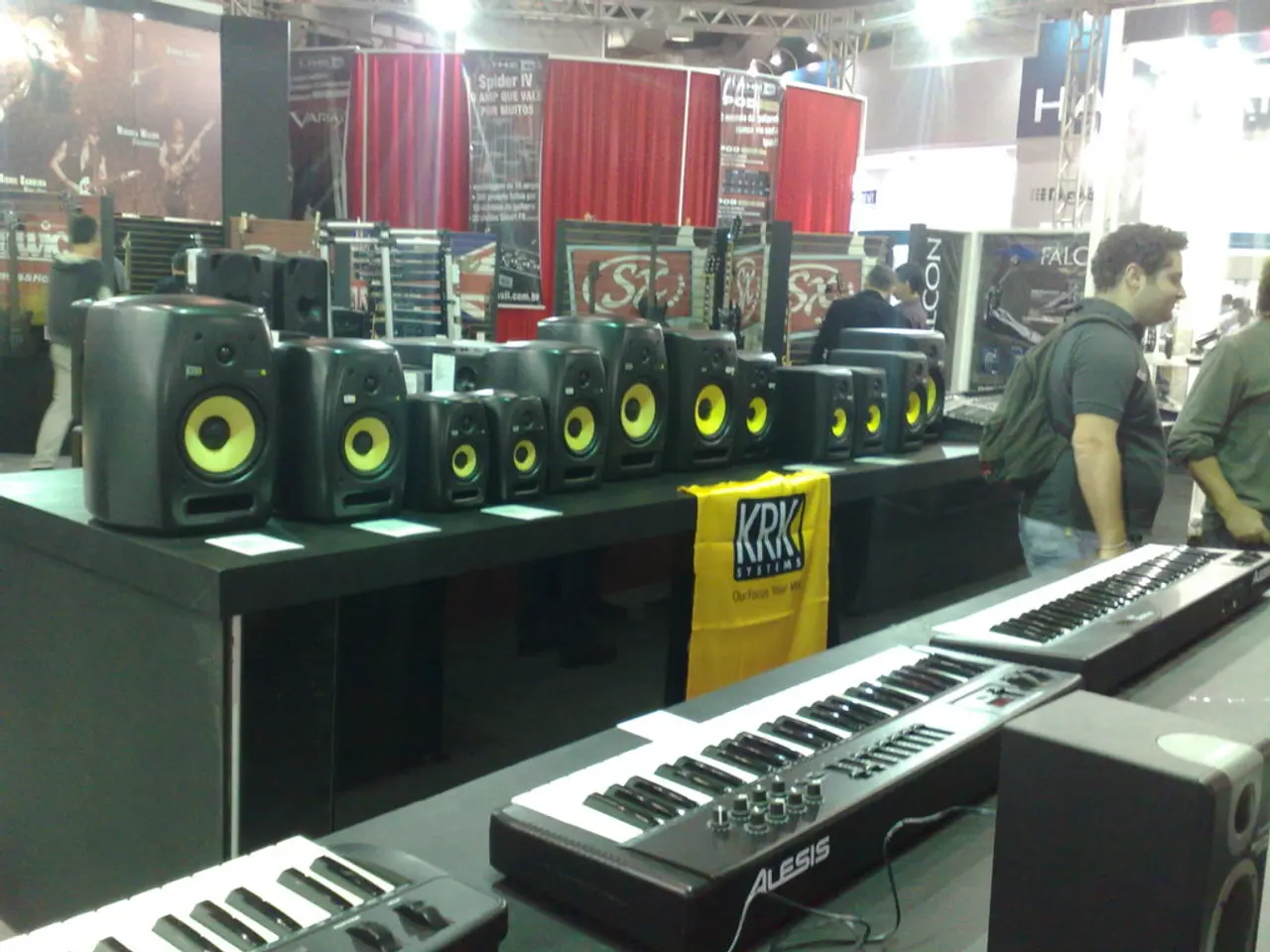Georgia-Based Online Gaming Company VGW Accused of Gambling Law Violations in a Class Action Suit
In the rapidly evolving landscape of online gaming, the social casino industry is facing a wave of legal challenges, with the latest being the lawsuit against Virtual Gaming Worlds (VGW) in Georgia. However, it's important to note that this lawsuit did not set a legal precedent, as the case was dismissed [5].
VGW, the operator of Chumba Casino, Global Poker, and LuckyLand Slots, is just one of several companies, including Playtika and Scientific Games Corp, that have been targeted in similar lawsuits across the U.S. The outcome of these legal battles could have significant implications for both operators and consumers in the social casino industry.
At the heart of these lawsuits is a debate over the legality of the dual-currency system used by these platforms. Sweepstakes casinos operate using a system of Gold Coins and Sweepstakes Coins, and the question remains whether this system constitutes illegal gambling. Plaintiffs argue that the ability to win redeemable prizes fulfills the legal gambling elements of prize, chance, and consideration. On the other hand, operators contend that players can play for free using Gold Coins awarded as promotions, and that Sweepstakes Coins, while redeemable, are given as bonuses rather than direct purchases, thereby removing the gambling element of consideration [4].
The regulatory environment is highly fragmented, with some states like Montana, Connecticut, Nevada, Louisiana, and Delaware passing laws or enforcing regulations to ban or restrict these sweepstakes casinos outright [1][2]. VGW has voluntarily exited Montana and Delaware due to regulatory pressures and has also ceased operations in New York following cease-and-desist orders from state authorities [1][3].
While the Georgia lawsuit adds to the growing legal scrutiny of sweepstakes casinos, it does not currently set a precedent for U.S. regulation. The regulatory landscape is shifting rapidly with multiple state-level actions rather than a single landmark ruling [1][4][5].
In a significant development, a settlement of $415 million was approved in June 2023 against DoubleDown Interactive LLC and International Game Technology PLC for operating "illegal gambling" social casino games [6]. This settlement underscores the growing concern over the social and financial consequences of these platforms, as highlighted by Kennedy's demand for a jury trial and monetary relief in the VGW lawsuit [2].
As the legal landscape continues to evolve, it's clear that the social casino industry is under increasing scrutiny. The outcome of these ongoing lawsuits could have far-reaching implications for the future of online gaming in the U.S.
The ongoing lawsuits against operators like VGW, Playtika, and Scientific Games Corp, over the legality of social casino games and lotteries, could significantly impact both operators and consumers in the industry. The debate focuses on the dual-currency system used by these platforms, with plaintiffs arguing that the system constitutes illegal gambling, while operators contest that it removes the gambling element of consideration.
The settlement of $415 million against DoubleDown Interactive LLC and International Game Technology PLC for operating alleged "illegal gambling" social casino games underscores growing concerns over the social and financial consequences of these platforms, and highlights the increasing scrutiny faced by the social casino industry.




